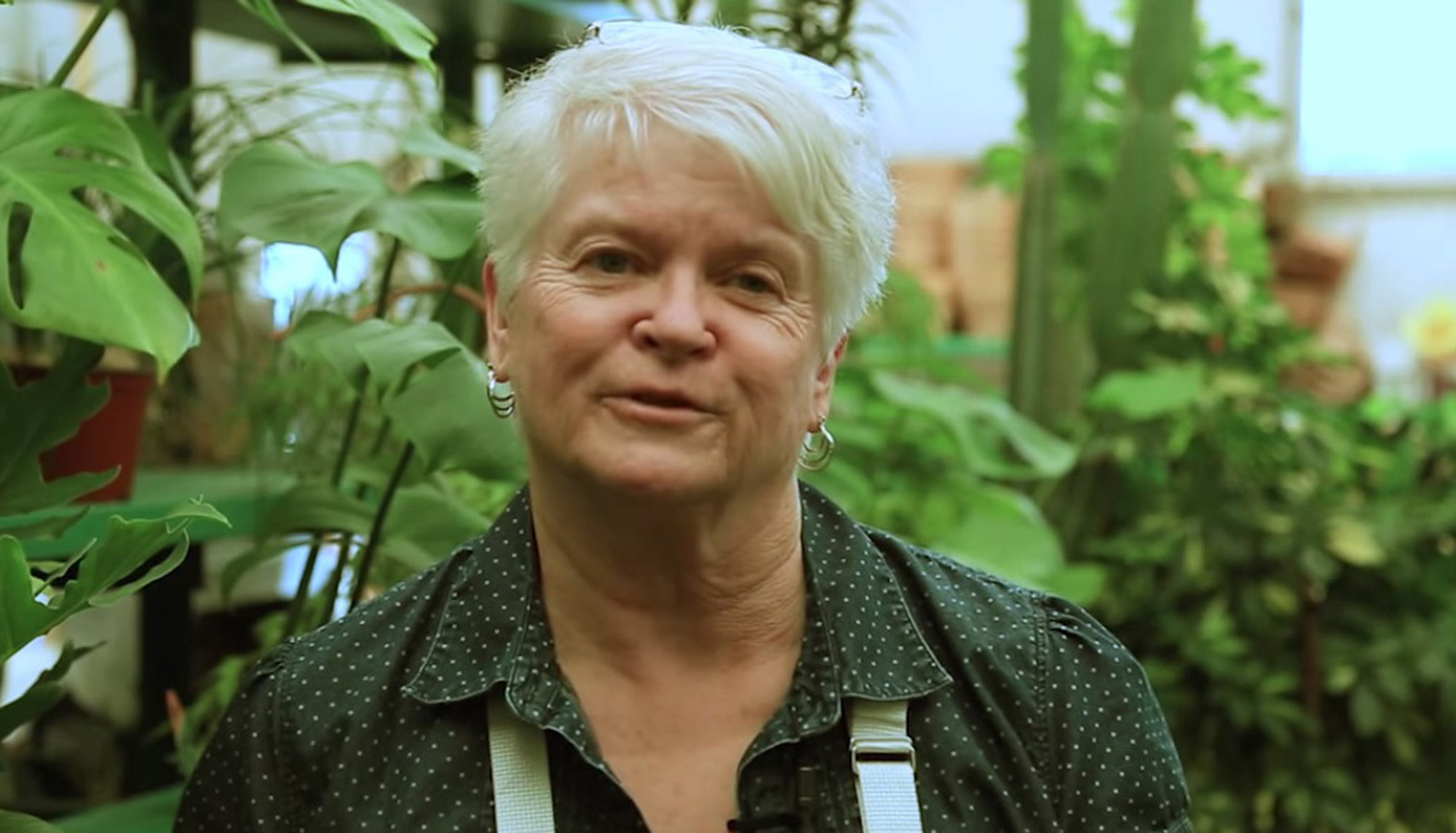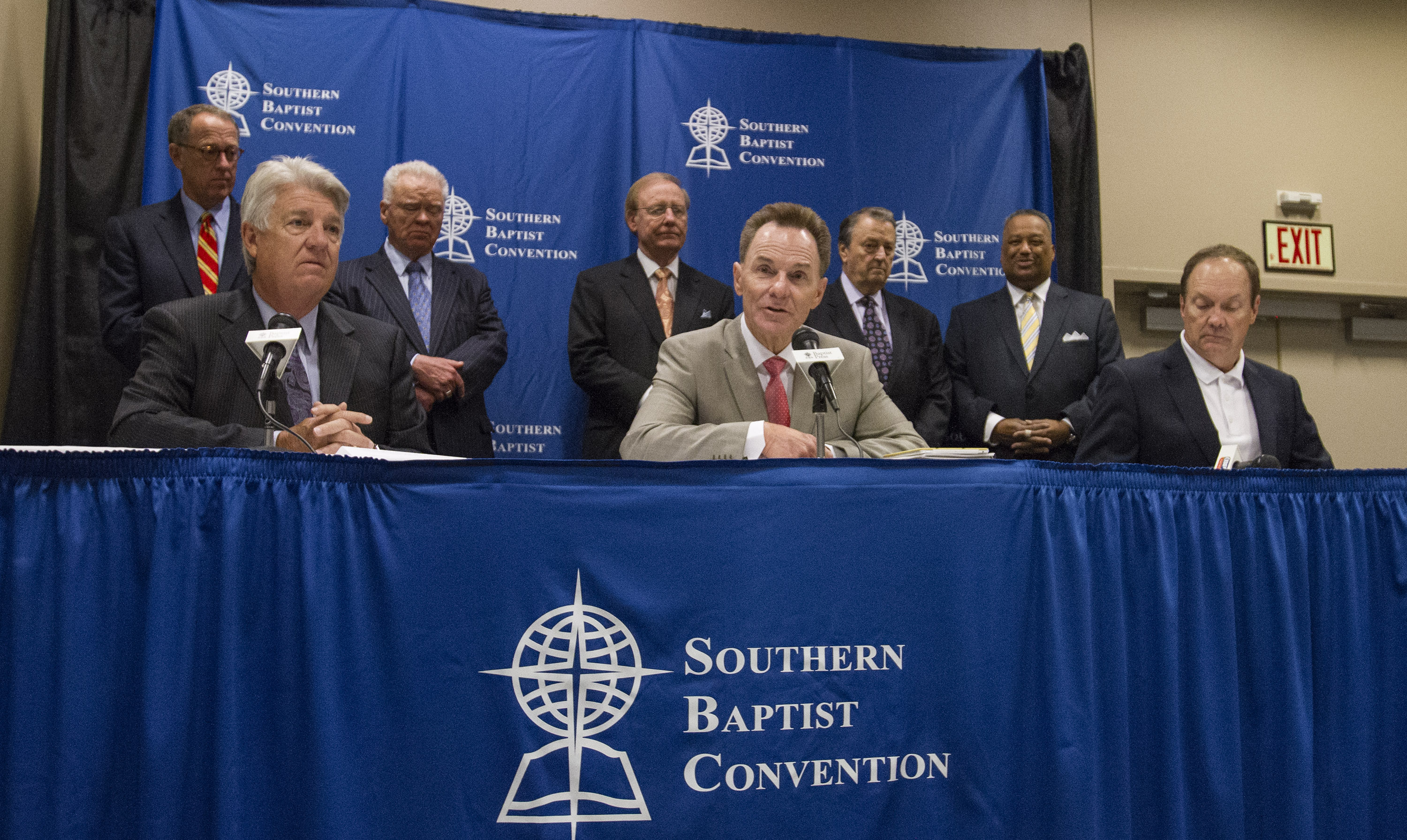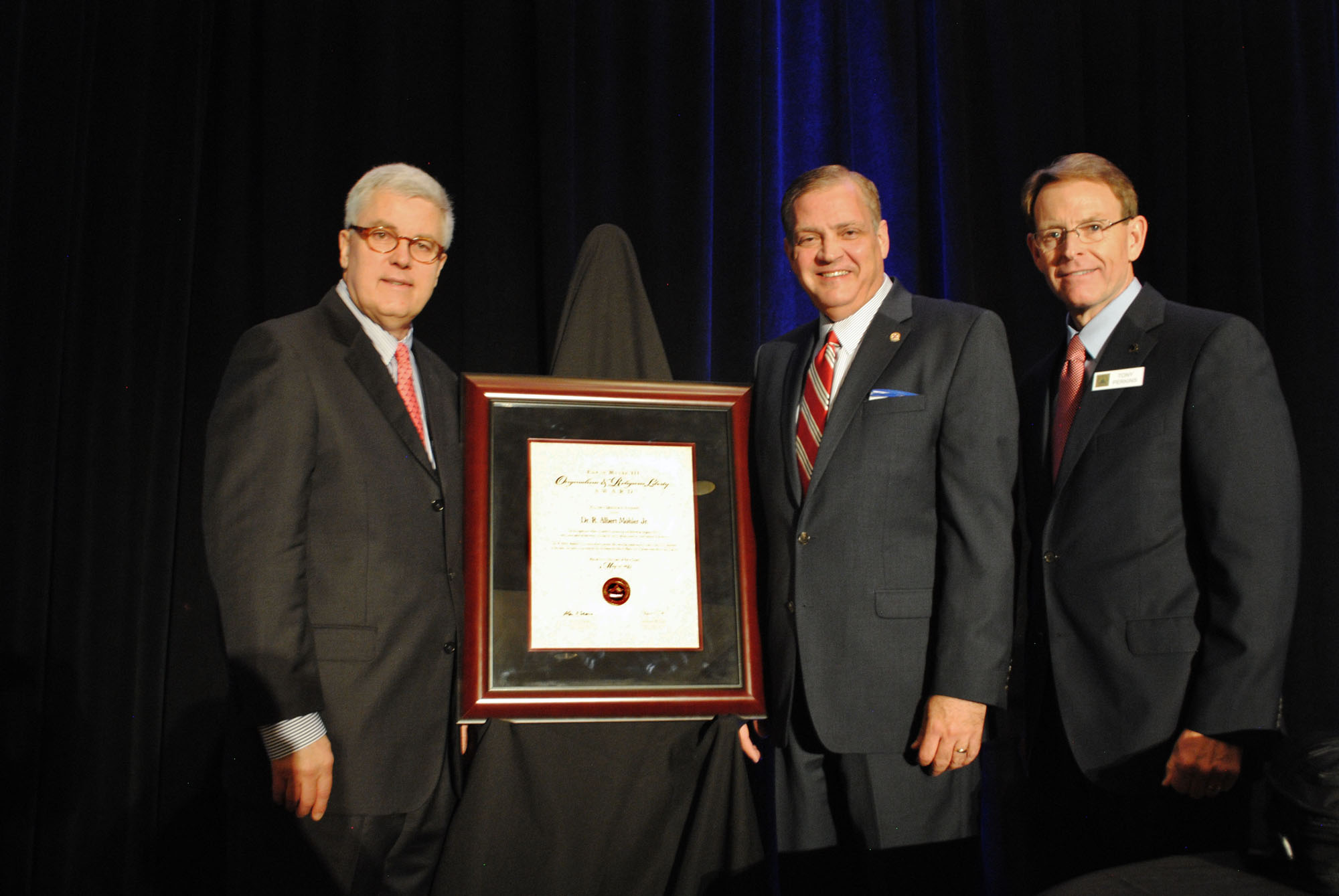
OLYMPIA, Wash. (BP) — The highest court in Washington state has agreed to hear the appeal of florist Barronelle Stutzman found guilty of violating state laws and the constitutional rights of a gay couple when she refused to arrange flowers for their wedding, citing religious beliefs.
The Washington Supreme Court will hear the appeal of Stutzman, a 70-year-old Southern Baptist grandmother who owns Arlene’s Flowers in Richmond, possibly as early as its spring 2016 session beginning in May, according to the court’s official website.
The Alliance Defending Freedom (ADF) continues as Stutzman’s counsel in her three-year-long battle to live out her Christian faith that affirms marriage as a lifelong commitment between one man and one woman.
“We hope the Washington Supreme Court will affirm the broad protections that both the U.S. Constitution and the Washington Constitution afford to freedom of speech and conscience,” ADF Senior Counsel Kristen Waggoner said when the state’s highest court accepted the appeal. “Barronelle and many others like her around the country have been willing to serve any and all customers, but they are understandably not willing to promote any and all messages. Join us in prayer for Barronelle and her legal team as she continues to take a courageous stand for her right to freely live out her faith.”
Stutzman is among many small-business owners who have faced legal repercussions for upholding their Christian beliefs in business.
“The trial court’s and [the state’s and the ACLU’s] view — that there can never be a free speech exception to public accommodation laws — endangers everyone,” Waggoner said. “If correct, then the consciences of all citizens are fair game for the government.
“No longer could a gay print shop owner decline to print shirts adorned with messages promoting marriage between one man and one woman for a religious rally. Nor could an atheist painter decline to paint a mural celebrating the resurrection of Christ for a church. Indeed, no speaker could exercise esthetic or moral judgments about what projects to take on where a customer claims the decision infringes on his or her rights under the WLAD [Washington Law Against Discrimination].”
Stutzman is appealing a lower court’s Feb. 18, 2015 ruling that she violated the U.S. and state civil rights of Robert Ingersoll and Curt Freed when she refused two years earlier to design floral arrangements for their wedding. She offered instead to provide floral stems and referred them to other florists to arrange the flowers. The court held her personally liable for the plaintiffs’ attorney fees and damages, putting her in danger of losing her business and personal holdings. Both the state of Washington and the couple sued Stutzman in the case stemming from the March 2013 incident.
Supporters donated nearly $175,000 to Stutzman over a two-month period in 2015 before GoFundMe.org pulled her page from the site, but with the case ongoing, it is unknown the total monetary penalty Stutzman will face.
Throughout the ordeal, Stutzman has presented Ingersoll as a dear friend whom she knew was a homosexual, and whose floral needs she had served more than nine years.
“My husband and I talked it over and … as much as I love Rob, I just couldn’t, couldn’t be a part of that. If I did Rob’s wedding, it would be from my heart, ’cause I think he’s a really special person, and I would want to make it really special for him,” Stutzman said in an ADF video relating her experience. “It’s not something that I flippantly said, ‘Oh, I’m not going to do Rob’s wedding ’cause he’s gay.’ When I talked to Rob I did not think this would be a major issue. I was very surprised at that.”
Stutzman has continued to speak for religious freedom. The National Religious Broadcasters’ (NRB) International Christian Media Convention in Nashville, Tenn. in February is among her latest appearances. There, she urged Christians “to stand up now” for religious liberty, according to a March 1 Baptist Press report.
“It’s me today, but it will be you tomorrow,” Stutzman said at the NRB event. If believers do not defend their rights, “when our grandkids come and ask us why we don’t have a free America anymore, we [will] simply have to say we did nothing.”
Stutzman relies on God for strength to stand, she has said.
“I have to have faith that He’s going to protect me and give me the courage and the knowledge and the wisdom to stand firm on this, but also help me understand what obedience is and … what following Christ is,” she said nearly in tears on the ADF video. “You can’t sit on the fence. Like He says, you can’t be lukewarm. That’s what I was; I was lukewarm” before the case.
Stutzman’s attorneys have used in her defense Article 18 the 2000 Baptist Faith and Message and several Southern Baptist Convention resolutions, including the June 1988 SBC Resolution on Persecution of Christians, the June 2001 SBC Resolution on Covenant Marriage, the June 2003 SBC Resolution on Kingdom Families, the June 2011 SBC Resolution on Protecting the Defense of Marriage Act, the June 2012 SBC Resolution on “Same-Sex Marriage;” the June 2013 SBC Resolution on Violations of Religious Freedom and Assembly in the United States, and the June 2012 SBC Resolution on Protecting Religious Liberty.
Robert Ingersoll et al. v. Arlene’s Flowers, Inc., et al. is one of nine cases listed for a possible spring 2016 setting. The court allows gavel-to-gavel coverage of all its cases, televised year-round on TVW, Washington State’s Public Affairs Network, according to the court’s website.


















